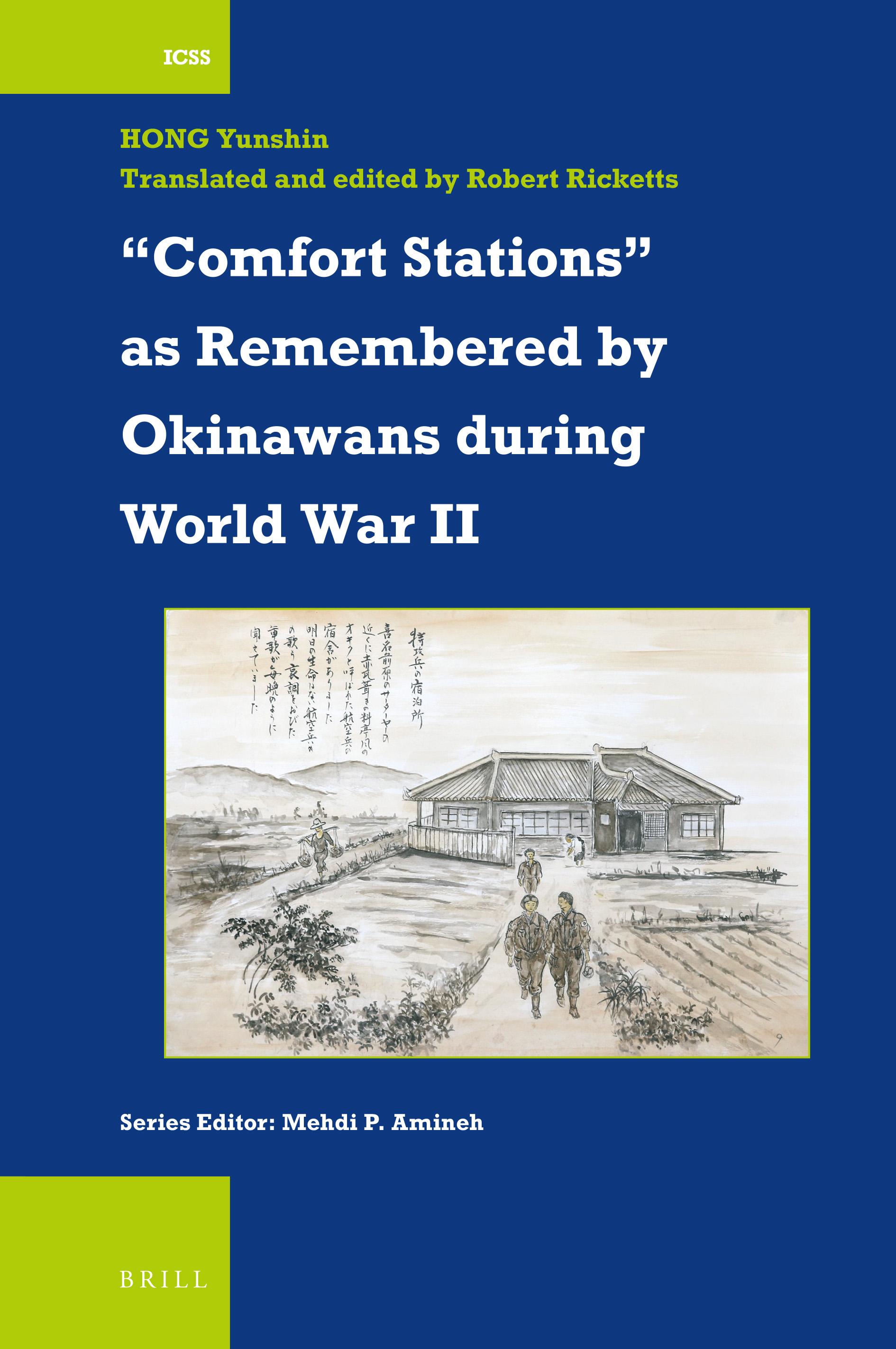"Comfort Stations" as Remembered by Okinawans during World War II
Okinawa, the only Japanese prefecture invaded by US forces in 1945, was forced to accommodate 146 “military comfort stations” from 1941–45. How did Okinawans view these intrusive spaces and their impact on regional society? Interviews, survivor testimonies, and archival documents show that the Japanese army manipulated comfort stations to isolate local communities, facilitate “spy hunts,” and foster a fear of rape by Americans that induced many Okinawans to choose death over survival. The politics of sex pursued by the US occupation (1945–72) perpetuated that fear of rape into the postwar era. This study of war, sexual violence, and postcolonial memory sees the comfort stations as discursive spaces of remembrance where differing war experiences can be articulated, exchanged, and mutually reassessed.

Publisher
Brill
ISBN
978-90-04-33866-1
Published
2020
Specialisation
Social Sciences
Theme
Society
History
Gender and Identity
War / Peace
Region
Global Asia (Asia and other parts of the World)
Japan